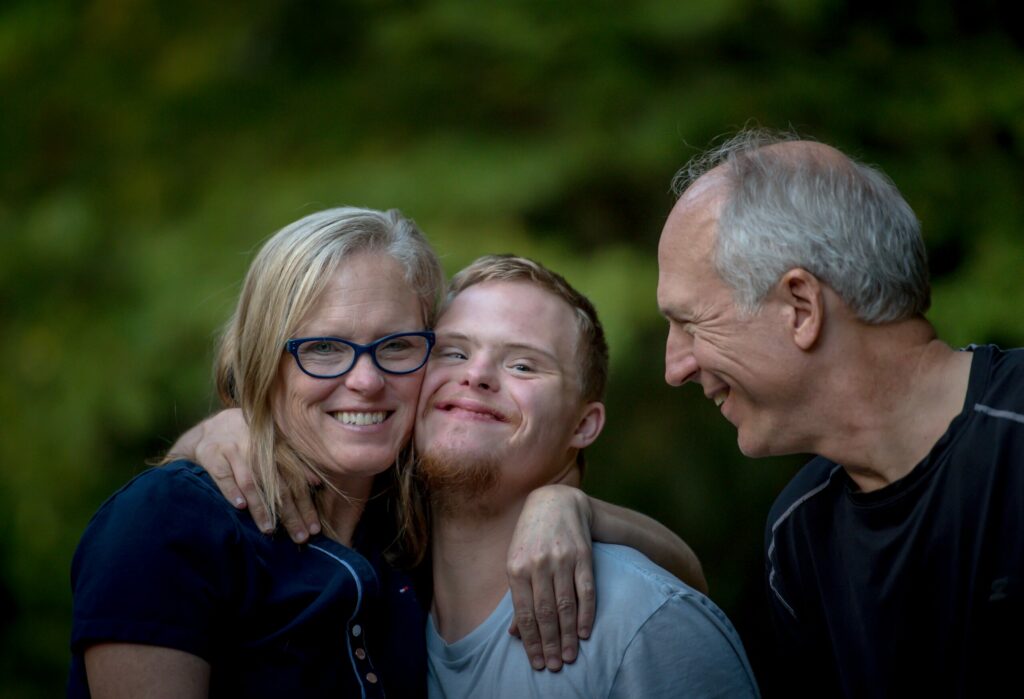DISABLED TRUST

DISABLED TRUST
One of the primary purposes for creating a Trust is to protect the interests of a loved one. In some cases Trusts are used to protect those who are incapable in looking after their financial affairs. For such individuals a Trust can be a way of ensuring they can maintain their quality of life by protecting their means tested benefits.
There are essentially two types of disabled person’s trusts that can be set up:
- non-interest in possession trust (discretionary trust); and
- interest in possession trust (life interest trust).
Under the discretionary trust arrangement, the disabled person has no right to receive income from the trust but at least 50% of the capital of the trust must be applied for the disabled person’s benefit during their lifetime. For inheritance tax purposes, the assets of the trust are treated as forming part of the disabled person’s estate so there is an inheritance tax charge when the disabled person dies. The trust does not affect any means tested benefits the disabled person may be entitled to as income arising in the trust can be accumulated rather than paid out.
If the disabled person has an interest in possession in the trust, they have an absolute right to the income from the trust and that income will be taken into consideration in the assessment for any means tested benefits. As with the discretionary arrangement, the assets are treated as belonging to the disabled person so there will be an inheritance tax charge when they die.
Disabled person’s trusts can be set up during lifetime or in a will. A trust set up in lifetime can be either for yourself or someone else who is disabled, but of course, setting it up for yourself is not relevant in a will. In practice, disabled person’s trusts are not used very often in wills. This is because if you want part of your estate to benefit a disabled person and the rest to be used to benefit other family members, you may find it more flexible to set up a fully discretionary trust in your will and to ask your trustees to pay any funds destined for the disabled person to be paid into a disabled person’s trust that you have created during your lifetime.
Different conditions apply to each type of disabled person’s trust. It’s essential that you seek specialist advice if you are considering including one in your will.
